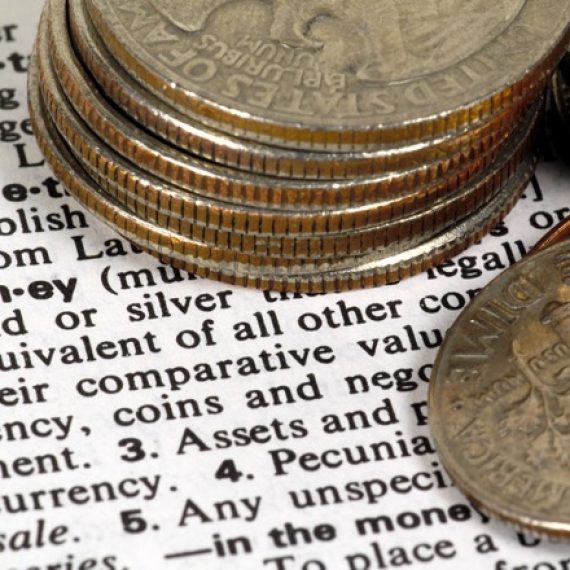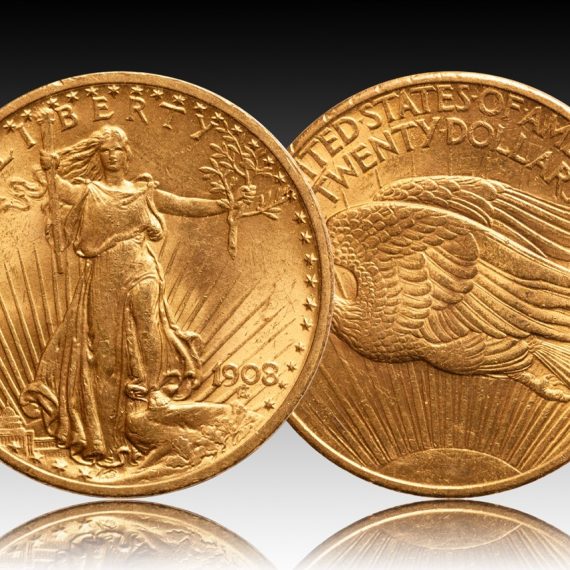You may have heard something in the past about the Austrian school of economics, or simply the “Austrian school.” What is this school of economic thought—and why does it relate so closely with gold ownership?
According to the Mises Institute, Austrian economics can be defined in the following way:
Austrian economists use logical, deductive reasoning and view the subjective values of real actors as the ultimate cause of all economic outcomes. Austrians emphasize private property, entrepreneurship, free markets, and sound money as the key drivers of economic performance. Led by Ludwig von Mises, F.A. Hayek, Murray N. Rothbard, and other scholars, the Austrian School features distinctive theories of money and capital, the business cycle, the role of the entrepreneur, and the effects of government intervention in markets.
Austrian economics is often closely linked with gold ownership, since an iteration of gold as money can easily be witnessed without setting price controls, interest rates, or playing with any of the other levers that centralized financial authorities have at their discretion in order to set the price of money.
In a gold economy, or under a gold standard, gold is used as currency and as a saving medium—you can spend in another country, or transfer to another party, without worrying about their currency’s strength, or their central bank’s interest rates or other policies.
No central bank issues gold and decrees it has value, as is done with the fiat notes (US Dollars, Euros, etc.) issued around the world. Instead, gold has value due to its extreme rarity on the planet, and marketplaces for more than 5,000 years have treated gold as a valuable and liquid, as well as fungible, market of its own. This fungibility of gold means that all traded units of gold are essentially mutually interchangeable.
In other words, a one ounce gold coin—barring one with special numismatic or historical collector value—can be melted down with gold from a 100g or kilogram bullion bar…
And because of that, financial institutions and human societies throughout history have treated gold as fungible: what you have is rated by its purity and weight in order to determine its value, and that’s it.
It’s all the same stuff at the end of the day: Gold!
Learn more about gold ownership and: Open Free GoldMoney Holding Today

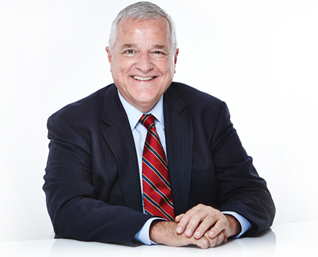

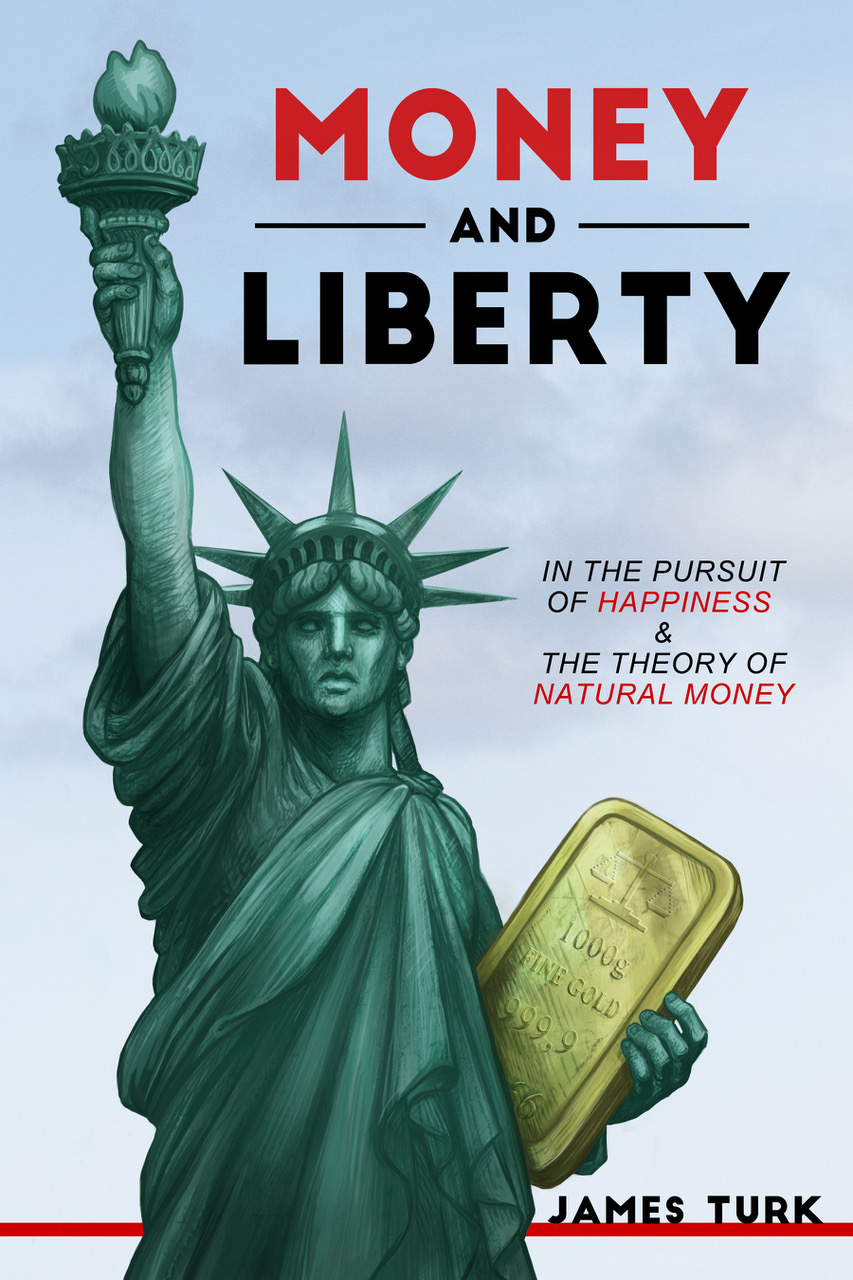
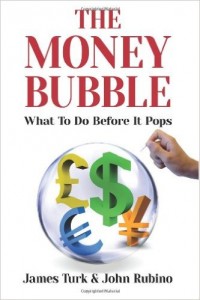
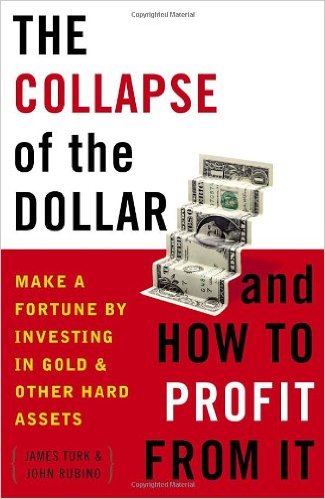
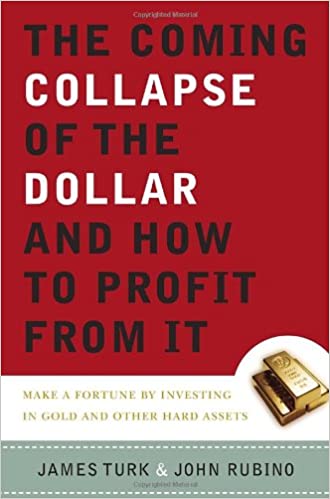
 My objective is to share with you my views on gold, which in recent decades has become one of the world’s most misunderstood asset classes. This low level of knowledge about gold creates a wonderful opportunity and competitive edge to everyone who truly understands gold and money.
My objective is to share with you my views on gold, which in recent decades has become one of the world’s most misunderstood asset classes. This low level of knowledge about gold creates a wonderful opportunity and competitive edge to everyone who truly understands gold and money.